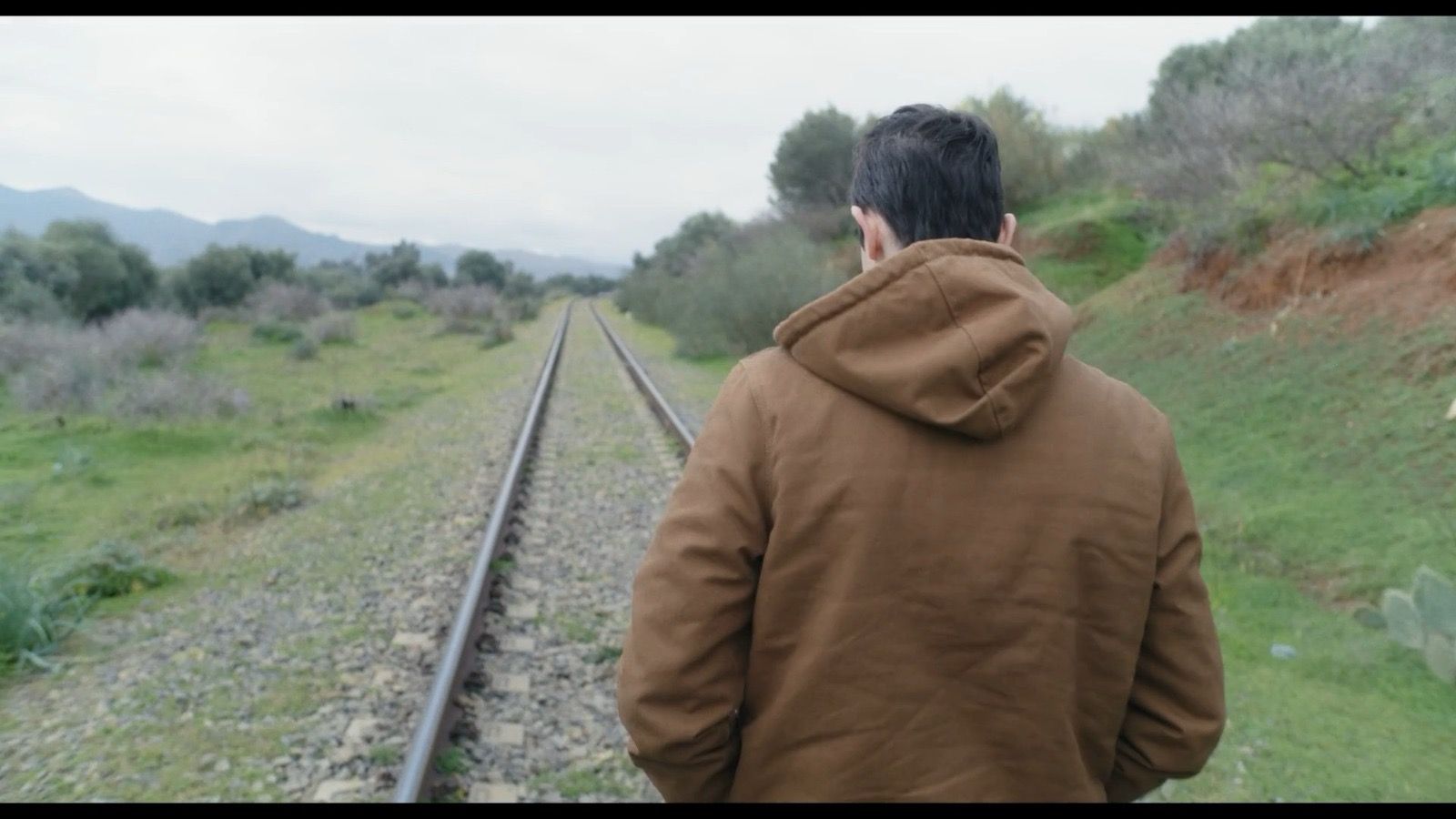
Agence France-Presse reported on Aug. 9 that smoke was rising from an Israeli strike in the southern Lebanese town of Khiam, during the latest cross-border clashes between Israeli troops and Hezbollah fighters.
One thing is for sure: Iran and Hezbollah are discovering, day after day, the limits of their murderous confrontation game against Israel. This is a game played with the blood of Lebanese, Palestinians, Iraqis, Syrians, and Yemenis. However, the danger level has reached a peak for the Iranians and their main armed wing in the region, Hezbollah in Lebanon.
The shattering retaliation against Israel that was promised in the days following the assassination in Tehran on July 31 of the chairman of the Hamas Political Bureau, Ismail Haniyeh, has not been delivered. Nor has Hezbollah retaliated to the killing of one of its commanders a day earlier in a southern suburb of Beirut. Instead, only the dozens of videos that flooded social media have served to promote the image of the “resistance.”
We are now faced with a reality that seems fluid. The escalation of the conflict might decline in light of intensifying US and Western negotiations with Tehran that aim to find a way for the regime, and its armed wing in Lebanon, to climb down from its threats which have been broadcast widely on social media and TV.
Why is that? Simply because the party that wants to retaliate to an offense that happened in Tehran, and to a huge loss in the southern suburb of Beirut, will not simply throw themselves into a diplomatic mess with the Americans, thus indirectly, with the Israelis.
This is a far cry from what happened on April 13 and 14, when Iran retaliated against the bombing of its consulate in Damascus on April 1.
Every single party involved has agreed to firstly, save Tehran’s face, and also to spare Israel major losses. That was a good day, as we say.
Now, however, the situation is different because Israel is actively trying to start a fight: a new war that, one way or another, would cast a shadow over the disaster in Gaza.
Israeli Prime Minister Benjamin Netanyahu continues to set one trap after another in an attempt to drag Hezbollah down a slippery slope.
Ali Hamade
According to a Western diplomat in Beirut, Israeli authorities are not afraid of the prospect of Iranian attacks that could cause serious damage in Tel Aviv or other large residential areas. This would justify an even more brutal Israeli retaliation in the heart of Tehran, Isfahan or even Qom, Iran’s religious capital.
The same goes for attacks by Hezbollah, the secretary-general of which was eager to list in detail for his devoted audience, during his most recent televised appearance on Tuesday, the industrial targets in Israel that might be targeted by his Iran-aligned militia.
Israeli Prime Minister Benjamin Netanyahu continues to set one trap after another in an attempt to drag Hezbollah down a slippery slope that leads to a fatal error and justifies an Israeli military campaign that includes attacks on Beirut and vital targets in other parts of Lebanon. This suggests the Israelis perhaps are ready to embark on a large-scale, longer-term confrontation in Lebanon.
Observers who closely monitor diplomatic engagement with Iran can see that serious work is being done in an effort to persuade Iran to choose deescalation, and for good reason: Not only could the results be very costly for Israel should Tehran follow through with its threats, it would be extremely costly for Iran and its allies as well.
This is the gist of the messages Hezbollah has been receiving from the British and Americans, delivered through the Lebanese government, which has completely surrendered to the will of the militia. These messages describe impatient Israeli authorities who are waiting for Hezbollah to put into action the threats of its secretary-general so that they can escalate the war to extreme limits.
This greatly diverges from the position that prevailed during the first 10 months of this war of attrition against Israel in which Hezbollah is now taking part. The current phase is very dangerous. Iran feels it must respond to Israel’s presumed assassination of Haniyeh on its territory. Hezbollah also feels it has to respond to the assassination of the No. 2 in its hierarchy in a strike that took place in the heart of the southern suburbs of Beirut.
So the search is on for a smart diplomatic solution that would allow both sides, the Iranians and the Israelis, to step back from a difficult and dangerous situation and avoid a potentially devastating war that looms larger than ever.
The main question remains: Will the Americans, through the Biden administration, manage to pull off a peacekeeping feat that would inevitably benefit Democratic candidate Kamala Harris in the presidential election on Nov. 5?
In short, the regime in Iran, long a master of playing with fire, might now be realizing that pyromaniacs can get burned as well.
Ali Hamade is an editorial journalist at the Annahar newspaper in Lebanon. X: @AliNahar












